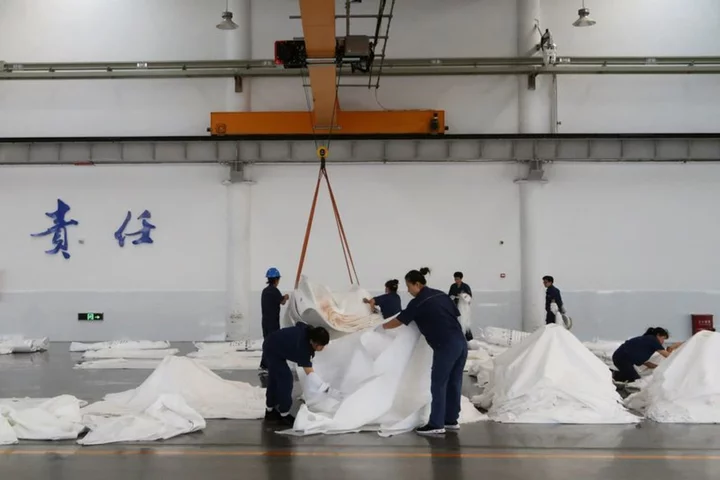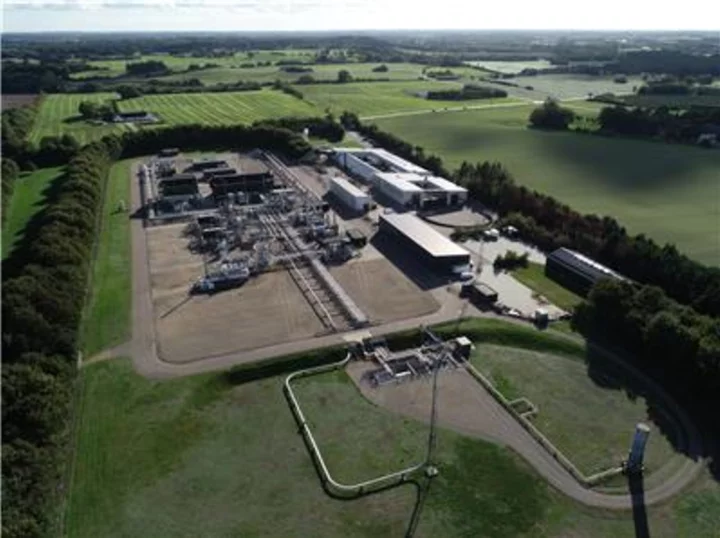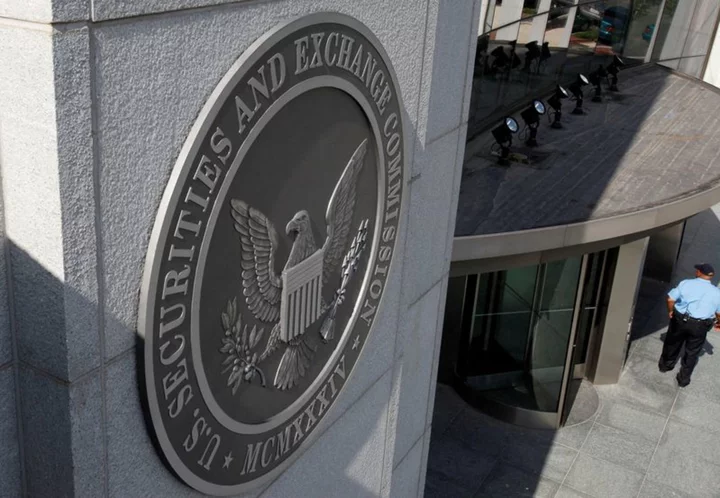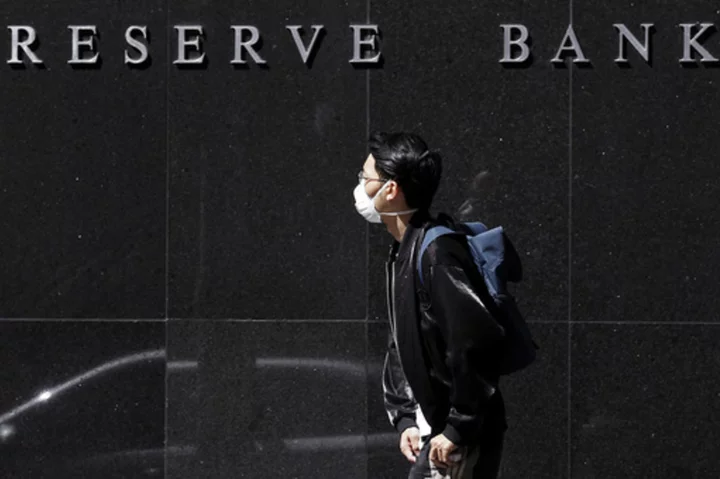BEIJING China's factory activity unexpectedly contracted in October, a private survey showed on Wednesday, raising questions over the state of the country's fragile economic recovery at the start of the fourth quarter.
Adding to a downbeat official manufacturing purchasing managers' index (PMI) on Tuesday, the survey suggested the manufacturing sector is still not on solid footing despite China's better-than-expected third quarter gross domestic product growth.
The Caixin/S&P Global manufacturing PMI fell to 49.5 in October from 50.6 in September, marking the first contraction since July and missing analysts' forecasts of 50.8 by a large margin.
The 50 index point mark separates growth from contraction.
The data signalled a renewed deterioration in manufacturing conditions as factories reported a fresh fall in production amid slower growth in overall sales dampened by weak foreign demand, according to the Caixin survey.
New export orders for Chinese manufactured goods have shrunk for four consecutive months amid a relatively sluggish global economic climate.
At the world's largest trade show in southern Chinese city of Guangzhou, foreign buyers returned, but sellers said orders remain low even as the Christmas shopping season nears.
"Overall, manufacturers were not in high spirits in October," said Wang Zhe, an economist at Caixin Insight Group.
"The economy has showed signs of bottoming out, but the foundation of recovery is not solid. Demand is weak, many internal and external uncertainties remain, and expectations are still relatively weak."
Lower production and relatively muted client demand weighed on purchasing activity, which shrank for the first time since July, while weaker-than-expected sales and the delayed shipment of goods led to the strongest rise in inventories of post-production items since September 2015.
Manufacturers trimmed their staffing levels for the second straight month, with the rate of job shedding the quickest since May.
Analysts at Goldman Sachs said in a Tuesday note that the labour market still showed signs of weakness in the third quarter as employment sub-indexes under various PMIs mostly declined in the quarter.
Citing higher prices for raw materials and oil, manufacturers said the rate of input inflation ticked up to nine-month high.
Business confidence for the year ahead softened again last month, hitting its lowest since September 2022. While some companies were hopeful that new product launches and improved client demand both at home and overseas would support growth, others expressed concerns over the sluggish global economic climate.
(Reporting by Ellen Zhang and Ryan Woo; Editing by Kim Coghill)









